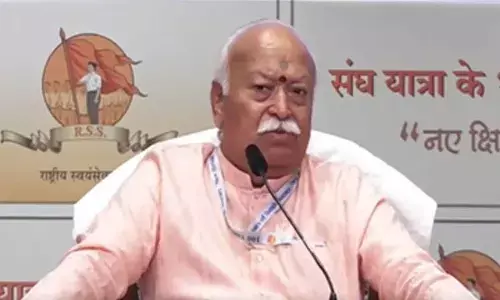How are universities developing and offering certificate programs?

Universities worldwide have increasingly offered certificate programs to meet students’ demands and the job market’s evolving needs.
Universities worldwide have increasingly offered certificate programs to meet students’ demands and the job market’s evolving needs. These shorter, focused programs provide targeted education and skills in specific areas. The rise in certificate programs is driven by lifelong learning demand, the need for upskilling and reskilling in a changing job market, and their flexibility for learners.
Demand for Lifelong Learning
The demand for lifelong learning is at an all-time high, driven by rapid technological advancements and the evolving job market. As industries transform, there is an increasing need for individuals to continuously update their skills and knowledge to remain competitive. This demand is fueled by the rise of automation, artificial intelligence, and the digital economy, which require new competencies. In addition to that, the global shift towards remote and flexible work has emphasized the importance of adaptability and continuous education. Employers are seeking professionals who can quickly acquire new skills and demonstrate agility. The pursuit of personal growth and fulfillment is motivating people to engage in lifelong learning, making it a critical component of career development and personal enrichment.
Upskilling and Reskilling
Rapid technological advancements and evolving work environments necessitate upskilling and reskilling. Many industries face significant changes, requiring employees to adapt to new technologies and methods. Certificate programs offer practical solutions with focused education in areas like data science, cybersecurity, digital marketing, and project management. Developed with industry partners, these programs ensure the curriculum aligns with current job market demands and industry standards, helping professionals stay competitive.
Flexibility and Accessibility
One key advantage of certificate programs is their flexibility. Unlike traditional degree programs that require significant time commitment, certificate programs are designed to accommodate busy professionals’ schedules. Many universities offer these programs online, allowing students to complete coursework at their own pace and from any location. This flexibility helps individuals balance education with work and personal responsibilities. Additionally, certificate programs are generally more affordable than traditional degrees, making higher education accessible to a broader range of learners and reducing financial and time-related barriers to further education.
Curriculum and Structure
Certificate programs typically focus on practical skills and applied knowledge, featuring hands- on projects, case studies, and real-world applications. This ensures students can immediately use what they learn in their current or future roles. Employers particularly value candidates with tangible skills and experience. Program lengths vary from a few weeks to several months, depending on the subject and depth of study. Some programs are structured as a series of courses building on each other, while others consist of standalone courses. This modular structure allows students to customize their learning experience based on specific needs and Interests.
Collaboration with Industry
Many universities are developing certificate programs in collaboration with industry partners to ensure that the content is relevant and up-to-date. These partnerships often involve input from industry experts in designing the curriculum, as well as opportunities for students to engage with professionals through guest lectures, internships, and networking events. This collaboration helps bridge the gap between academia and industry, providing students with valuable insights and connections that can enhance their career prospects.
Conclusion
Universities are increasingly developing and offering certificate programs to address the evolving needs of learners and the job market. These programs provide a flexible, affordable, and targeted education option that allows individuals to acquire new skills and knowledge in a short period. By focusing on practical skills, collaborating with industry partners, and offering online and flexible learning options, universities are making higher education more accessible and relevant in today’s fast-paced world. As the demand for lifelong learning and upskilling continues to grow, certificate programs will play a crucial role in helping individuals stay competitive and advance in their careers.
(The author is Dean, Academics CMR University Bangalore)
One key advantage of certificate programs is their flexibility. Unlike traditional degree programs that require significant time commitment, certificate programs are designed to accommodate busy professionals’ schedules. Many universities offer these programs online, allowing students to complete coursework at their own pace and from any location. This flexibility helps individuals balance education with work and personal responsibilities. Additionally, certificate programs are generally more affordable than traditional degrees, making higher education accessible to a broader range of learners and reducing financial and time-related barriers to further education














